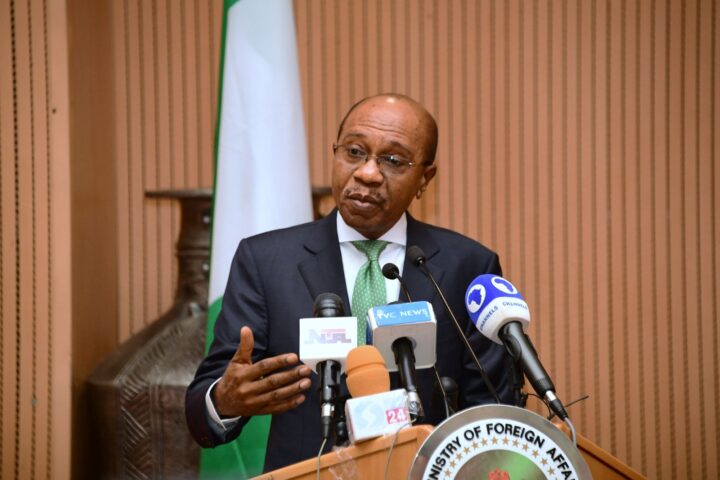KPMG Nigeria, an accounting firm, says inflation in the country is caused by a complex mix of demand pull and cost push factors, and as such, policy measures aimed at controlling spending may not be the best strategy for moderating inflation.
Oyeyemi Kale, KPMG Nigeria’s chief economist, speaking on current inflationary trends in the country in a statement on Tuesday, also pointed out the effects of the naira redesign policy of the Central Bank of Nigeria (CBN).
Nigeria’s inflation rate recently rose to 21.91 percent in February 2023, from 21.82 percent in the previous month.
Kale, who is also the former statistician-general of the federation, said following the CBN’s naira redesign policy, currency in circulation has dropped from N3.28 trillion in December 2022 to N1.38 trillion in January and to an estimated N982.09 billion in February 2023, representing a 235 percent decline.
Advertisement
“It was expected that the scarcity of redesigned notes, which caused a cash crunch in the economy since January 2023, would stimulate a slowdown in demand pull inflation, especially given the series of interest rate hikes from the central bank (500 basis points since May 2022). This has however, not happened yet,” he said.
“This might indicate a drop in output below effective demand, despite the cash crunch, with some producers of goods and services whose activities are cash-based facing challenges purchasing inputs for production or replacing their stock and distributing them across the country.”
Kale added that the continuing rise in inflation rate may also suggest that persisting cost push factors remain clear and present determinants of the direction of inflation.
Advertisement
“These include structural issues which impact domestic food production and transportation, such as insecurity, floods in key agricultural producing areas, exchange rate challenges and rising international food and energy prices following the Russia-Ukraine crisis,” he said.
“Accordingly, it suggests, policy measures targeted at controlling spending may not be the most preferable strategy for controlling current inflation trends.
“Our assumption that many of these factors above will be maintained in 2023 informs our expectation of sustained high double-digit inflation in 2023.
“We estimate about 30-40 percent of largely informal sector economic activity before the cash redesign policy was cash-based and while we expect some of these would have switched to electronic based transactions, we do not believe enough time has elapsed for it to have been fully and effectively substituted.
Advertisement
“Additionally, the expected fuel subsidy removal advocated by both the current and the incoming administration, if it does materialise, and the 2022 fiscal bill to be introduced in 2023 are also expected to keep pressure on domestic prices in 2023.”
The economist also argued that the decision of the CBN to recirculate the old naira notes would delay the full switch to electronic transactions.
However, he said it will have a minimal impact on cash availability constraints, given that the apex bank “has indicated that a large portion of the old notes have already been destroyed”.
Advertisement
Add a comment






